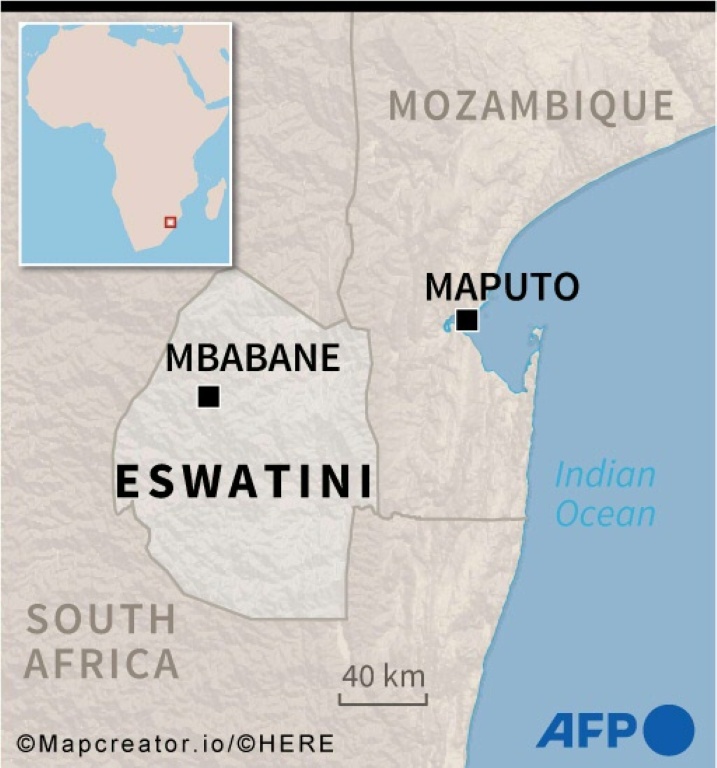
BREAKING: The U.S. has deported five men, including Cuban national Roberto Mosquera, to Eswatini, raising urgent concerns over human rights violations and allegations of modern-day human trafficking. The shocking announcement came from Tricia McLaughlin, U.S. Assistant Homeland Security Secretary, who revealed their deportation via a social media post on July 16.
Mosquera’s family lost contact with him for a month following his arrest by Immigration and Customs Enforcement (ICE) agents in Miramar, Florida, on June 13. Family friend Ada reported that the family was initially misinformed about his return to Cuba, a country he fled over 40 years ago. Instead, he was flown to Eswatini, nearly 13,000 kilometers away, under a controversial deal where Eswatini agreed to accept up to 160 deportees in exchange for $5.1 million to enhance its border management.
The U.S. government labeled the deportees as “criminals,” but many, including Mosquera, had completed their sentences and lived freely in the U.S. for years. Legal advocates claim they were not informed of their deportation until they were already on the aircraft, leading to accusations of a “legal black hole” where detainees are imprisoned without charges in maximum-security facilities.
Mosquera, who once served time for attempted murder in the late 1980s, is described by his family as a reformed individual who had built a life with a family and a stable job before his arrest. “They have painted him out as a monster, which he’s not,” Ada stated, emphasizing his transformation and the emotional toll on his loved ones.
In Eswatini, the deportees face dire conditions, being held in isolation with limited access to legal representation. They can only communicate with their families through brief video calls under strict surveillance. “This has taken a toll on everybody,” Ada said tearfully, describing the harrowing ordeal for Mosquera’s family.
The situation has drawn criticism from human rights advocates, who argue that the U.S. government’s actions resemble human trafficking through official channels. Tin Thanh Nguyen, a lawyer representing some of the deportees, condemned the deal, stating, “They’re being used as pawns in a dystopian game exchanging bodies for money.”
As of October 9, another group of 10 deportees arrived in Eswatini, including nationals from Vietnam, Laos, and Yemen. The U.S. government has yet to outline a clear plan for these individuals, many of whom have no ties to Eswatini and face a grim future in a country known for its political repression.
The international community is closely monitoring this developing story, as Eswatini’s King Mswati III faces accusations of severe human rights abuses. The deportees’ plight raises critical questions about the ethics of U.S. immigration policies and the treatment of vulnerable individuals.
What happens next remains uncertain. As advocates continue to push for their rights, the families of the deportees are left in anguish, grappling with the reality of their loved ones being imprisoned in a foreign land. The urgency for action is palpable, and the world is watching closely.






